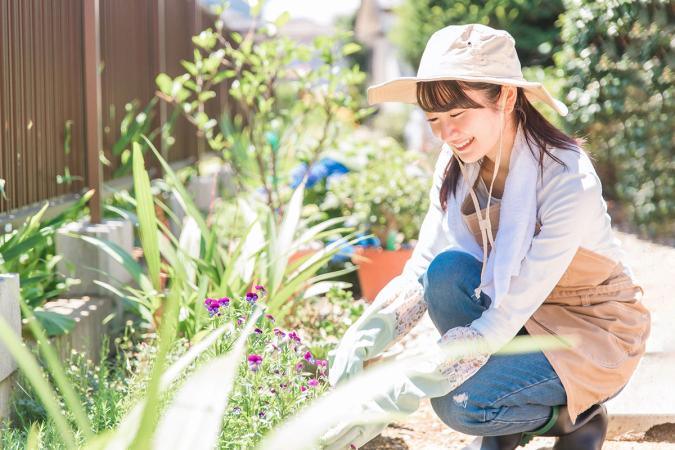question
what types of tools can i use that might make my day to day easier?
When living with inflammatory arthritis, daily tasks can become challenging due to joint pain and reduced mobility. Fortunately, there are various tools and assistive devices designed to make everyday activities easier and more manageable. Here’s a comprehensive overview of some helpful tools you might consider:
Kitchen Tools
- Ergonomic Utensils: These have comfortable, easy-to-grip handles, making meal preparation less strenuous.
- Jar and Bottle Openers: Designed to provide a better grip, these tools help you open containers with minimal effort.
- Lightweight Cookware: Opt for pots and pans that are easier to lift and handle.
- Non-slip Mats: These can help keep items in place while you cook, reducing the risk of spills.
Bathroom Aids
- Long-handled Sponges: These allow you to wash without bending or reaching too far.
- Shower Chairs: A shower chair can provide a safe place to sit while bathing, reducing fatigue and the risk of falls.
- Grab Bars: Installed in the shower or next to the toilet, grab bars offer support and stability.
Dressing Aids
- Button Hooks and Zipper Pulls: These tools assist with fastening clothing, making dressing easier.
- Shoe Horns: Helpful for putting on shoes without bending down excessively.
- Adaptive Clothing: Look for garments with Velcro closures or magnetic buttons for easier dressing.
Mobility Aids
- Canes and Walkers: These provide extra stability and support while walking, reducing strain on your joints.
- Reacher Grabbers: These extend your reach, allowing you to pick up items from the floor or high shelves without bending.
Cleaning Tools
- Long-handled Brooms and Mops: These tools help you clean without excessive bending or straining.
- Non-slip Hand-held Cloths: These make it easier to grasp slippery items while cleaning.
- Lightweight Sweepers: Many come with built-in detergent sprays, making cleaning less physically demanding.
Gardening Tools
- Long-handled Tools: These reduce the need to bend over while gardening.
- Electric Tools: Using electric shears or pruners can minimise the repetitive motion that can cause strain.
- Knee Pads: While it’s best to minimise kneeling, knee pads can provide comfort when you need to kneel.
General Aids
- Adaptive Key Turners: These provide a larger grip for turning keys, which can be particularly helpful for those with hand arthritis.
- Electric Can Openers: Automating the task of opening cans reduces strain on your hands and wrists.
- Stair Lifts or Elevators: For those with mobility challenges, these can assist with moving between different levels of the home.
Tips for Using Tools Effectively
- Pace Yourself: Take breaks and alternate between tasks to avoid overexertion.
- Use Two Hands: Whenever possible, carry and lift items using both hands to distribute weight evenly.
- Change Positions: Avoid staying in one position for too long; change tasks or stretch every 20 minutes.
Conclusion
Incorporating these tools into your daily routine can significantly ease the strain on your joints and enhance your quality of life. It’s essential to choose tools that suit your specific needs and preferences.
If you’re unsure which tools might be best for you, consider consulting with a healthcare professional or an occupational therapist. They can provide tailored advice and help you find the most suitable solutions for your daily activities. Remember, taking care of your joints is crucial, and small changes can lead to significant improvements in your daily life.
This information is not a substitute for professional medical advice, diagnosis or treatment. Always consult a registered healthcare professional about matters that affect your health. Clara uses artificial intelligence to generate general information for personal educational purposes only, not intended to be a management plan and it may contain errors, inaccuracies or may oversimplify concepts.








